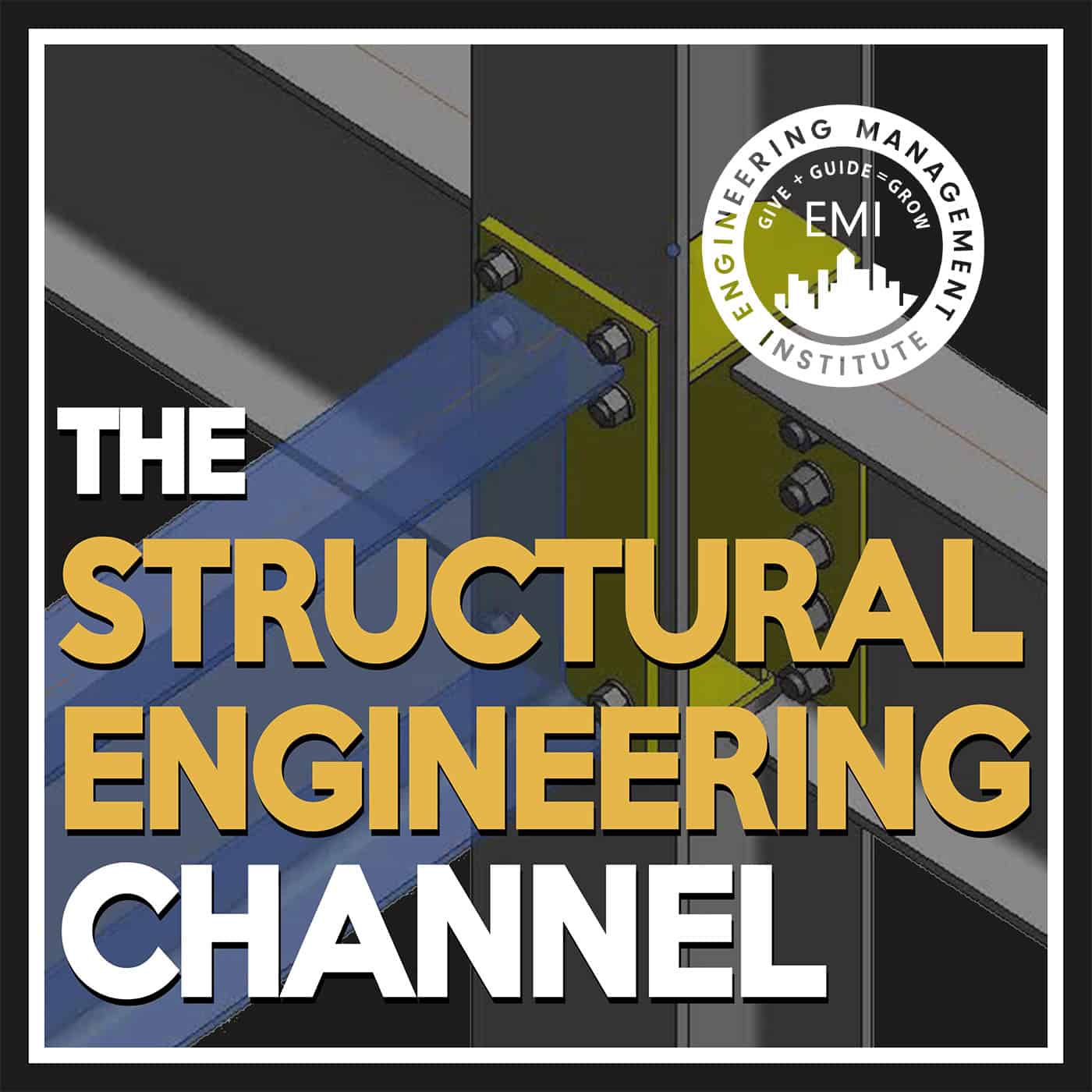TSEC 131: Powerful Ways to Address the Hidden Gaps in Engineering Education
Description
In this episode, we talk with Bill Woodburn, founder and chairman of the board at Engineering Tomorrow, about the creation and impact of Engineering Tomorrow and the significant talent gaps in engineering education.
***The video version of this episode can be viewed here.***
Engineering Quotes:
Here Are Some of the Questions We Ask Bill:
What made you decide to start your company, Engineering Tomorrow?
Can you give a brief background on Engineering Tomorrow and what you do there?
How can teachers become involved in your program?
What significant gaps in engineering education do you encounter, and how is Engineering Tomorrow working to address them?
How did your roles at GE and your experiences in other companies prepare you for designing and building Engineering Tomorrow?
What are the main barriers to entering engineering today, and do you see your students overcoming them?
What meaningful impact have you observed Engineering Tomorrow having on the students and teachers you work with?
What are some of the most popular classes you offer?
Can you elaborate on the impact Engineering Tomorrow is having, and how can someone interested in getting involved do so?
Do you think having these classes in high school would have made it easier for us to choose a career in engineering?
What advice do you have for new engineers starting their careers?
Here Are Some of the Key Points Discussed About Powerful Ways to Address the Hidden Gaps in Engineering Education:
The decision to start Engineering Tomorrow came from a desire to help underserved high school students by exposing them to engineering principles. By focusing on grades 9 to 11, the aim was to inspire more students to pursue engineering, providing them with a strong foundation in math and science.
Engineering Tomorrow provides 22 hands-on labs in fields like aerospace and biomedical engineering for high school students. These labs make math and science exciting by connecting them to real-world applications, reaching hundreds of thousands of students online.
Teachers can join the Engineering Tomorrow program by signing up on the website to receive free kits and lesson plans, with the program handling most logistics. This makes it easy for teachers to incorporate into their classrooms.
High school students often lack exposure to real-world engineering applications of their math and science lessons. Engineering Tomorrow bridges this gap in engineering education by providing hands-on experiences that show students how subjects like physics, chemistry, and calculus are used to solve real engineering problems.
Bill's roles at GE and experiences in other companies equipped him with strategic thinking, budget optimization skills, and team-building expertise. These experiences helped him organize and create effective teams, leading to the successful design and implementation of Engineering Tomorrow.
Engineering faces barriers like limited exposure to different disciplines and a lack of resources or mentorship. Programs like Engineering Tomorrow offer hands-on experiences and mentorship, helping students overcome these hurdles and pursue engineering careers.
Engineering Tomorrow has made a significant impact on both students and teachers, fostering increased engagement and enthusiasm for STEM subjects among students while providing teachers with a comprehensive curriculum and dynamic learning experiences.
Some of the most popular classes offered by Engineering Tomorrow include electric car design, water reuse, space labs, and machine learning projects. These classes engage students in hands-on learning experiences that ignite curiosity and cultivate practical problem-solving skills in STEM education.
More Episodes
In this episode, we talk with Ryan Jeansonne, P.E., civil structural engineer at Titan Delta, who shares powerful insights on mentorship and continuous learning in engineering, inspiring both new and seasoned professionals to take bold, impactful steps in their careers.
***The video version of...
Published 11/14/24
Published 11/14/24
In this episode, we speak with Farshad Mirshafiei, Ph.D., P.Eng., CEO and co-founder of Sensequake, about how advanced technologies are transforming structural assessments and redefining safety and infrastructure resilience in buildings and critical systems.
***The video version of this...
Published 10/31/24


